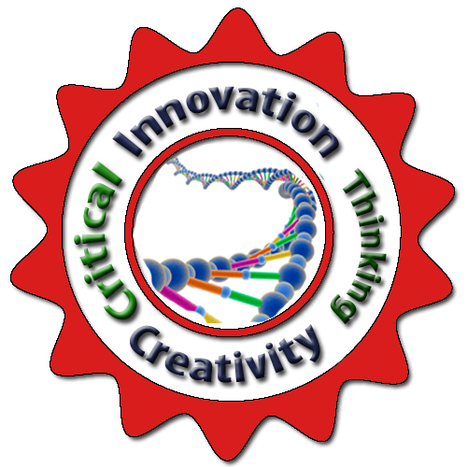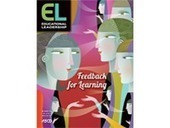This post begins "The common understanding is that if students work hard in school they earn "A’s." For many however, there is a much straighter route to that "A." Some of the most creative learners are able to figure out what the course expectations are and do the minimum to meet them, and get the grade they want."
What happens to students that are bored with the curriculum? What would happen if we moved away from grades, and replaced them with badges? It turns out that there is evidence from a July 2012 report called "Do Schools Challenge Our Students?"
This report states "Many schools are not challenging students and large percentages of students report that their work is 'too easy.'"
The post also provides some statistical information.
The final portion looks at badges vs grades. It notes that switching from "traditional letter grades or percentage grades to badges signifying achievement could open up many possibilities for a more fine-grained tracking of student progress, address some of the criticisms regarding schools not teaching concrete skills, and motivate students to learn" (with additional information also included).
As the Common Core becomes a driving force behind public education it will be interesting to see how the issue of badges vs grades play out.



 Your new post is loading...
Your new post is loading...









